When is a Jewish Children’s Book Not (Only) a Jewish Children’s Book?
My stepdaughter Becky, who lives in Tennessee, had a baby, Madeline, in January. Becky is such a joyful and calm mother. And Madeline is–objectively of course!–one of the world’s cutest, loveliest, most alert and thoughtful and interesting and adorable babies ever. Here I am holding her at five days old. 
Whenever we go to visit, I bring Madeline books. She has many times her body weight in books already!
Madeline is a lucky baby, surrounded by love. She is especially fortunate to have three adoring cousins, ages six to eleven, living just a few blocks away. Here’s Becky with Madeline and Madeline’s three cousins:
When the cousins came over recently, the youngest, Annika, went into Madeline’s room and pulled out a book that looked interesting, and came out into the living room and asked her grandpa to read it.
Madeline’s bookshelf is already nearly collapsing under the weight of all her books! But I’m happy to say that the book Annika chose was my latest picture book, MATZAH BELOWSTAIRS. I had given Madeline one of my precious advance copies. And after the book had been read to Annika once, she wanted to hear it again, right away!
But here’s the surprising thing. Annika isn’t Jewish. She’s never been to a seder or tasted matzah. She’s from a seriously Christian, homeschooling family. And she loved this book about a Jewish mouse family at Passover.
We flew to Tennessee this week to visit Madeline again on our spring vacation. Annika’s family came over too. Annika and I had a long conversation about books. And Annika shyly and solemnly told me how much she loved MATZAH BELOWSTAIRS and asked me to read it to her again. It was the first time I had read it aloud, so this was a special moment for me.
So how did Annika enjoy and understand my book, although it was about a Jewish holiday? The way we all enjoy and learn from books about things that are new to us. I wrote the book carefully so that it could make sense both to children who knew about Passover and to those who didn’t. The possibly new words–like “matzah” and “seder”–make sense it context. Miriam loves “flat, crunchy matzah.” Mama Mouse laments that without matzah the mouse family won’t be able to celebrate Passover because they won’t have “anything to remind us of the time our mouse ancestors left Egypt in too big a hurry for the bread to rise!” The dad of the human boy in the story, Eli, wraps half of a piece of matzah in a napkin and tells Eli that he’s going to hide the “afikomen.” But will Eli find it before Miriam Mouse does?
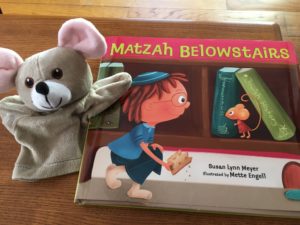
Annika understood the story perfectly. And now she knows more about the Jewish culture and religion than she did before she read the book. I really hope other non-Jewish kids will enjoy it too!
So when is a Jewish children’s book not (only) a Jewish children’s book? When it’s an appealing story! Here are two others that I have personally seen non-Jewish kids enjoying. Eric Kimmel’s The Chanukkah Guest and Laurel Snyder’s Baxter, the Pig Who Wanted to Be Kosher. Have fun teaching your kids about new cultures and religions and diversifying your children’s bookshelves!
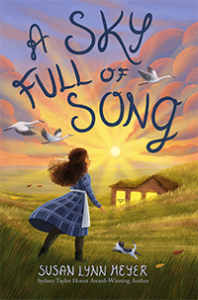
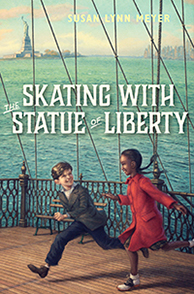
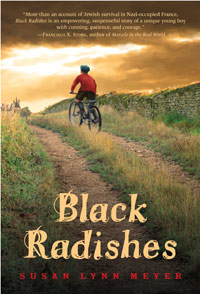
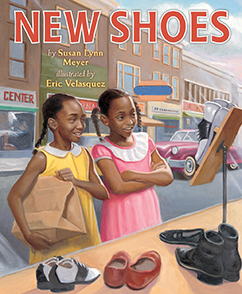
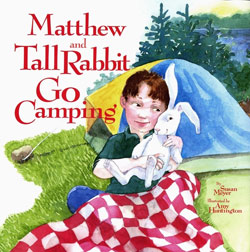
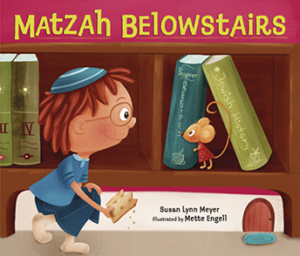


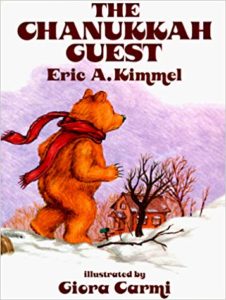
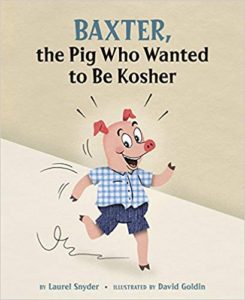
04/10/2019 at 4:29 pm
Enjoyed this post, Susan, and glad to meet you and your books. I’m a veteran Jewish homeschooling mom–now empty nest–educator, and author. I love the idea of writing Jewish books with universal appeal. This was the goal in writing my middle-grade novel, One Is Not A Lonely Number. While most of the characters are modern orthodox, the emotions and situations involving family, friends, and growing are relatable. I’ve received several letters from non-Jewish readers who were fascinated to learn more about Jewish religion and culture. Wishing you and your family a Happy Passover.
04/10/2019 at 9:15 pm
Thank you! I recognize your title–I think because your book was recognized by the Sydney Taylor committee. Thanks for reminding me that I should read it! I feel that most Jewish books are for all audiences and that Jewish books are too often treated as for Jewish audiences only.